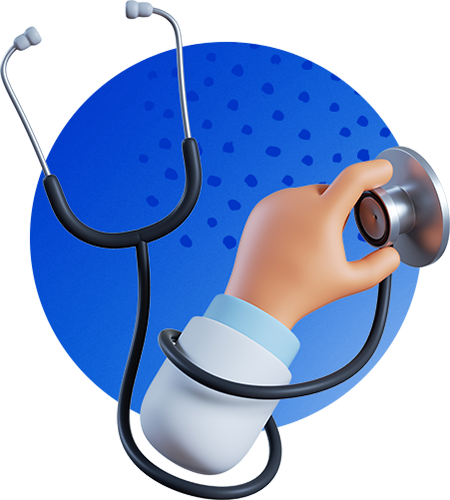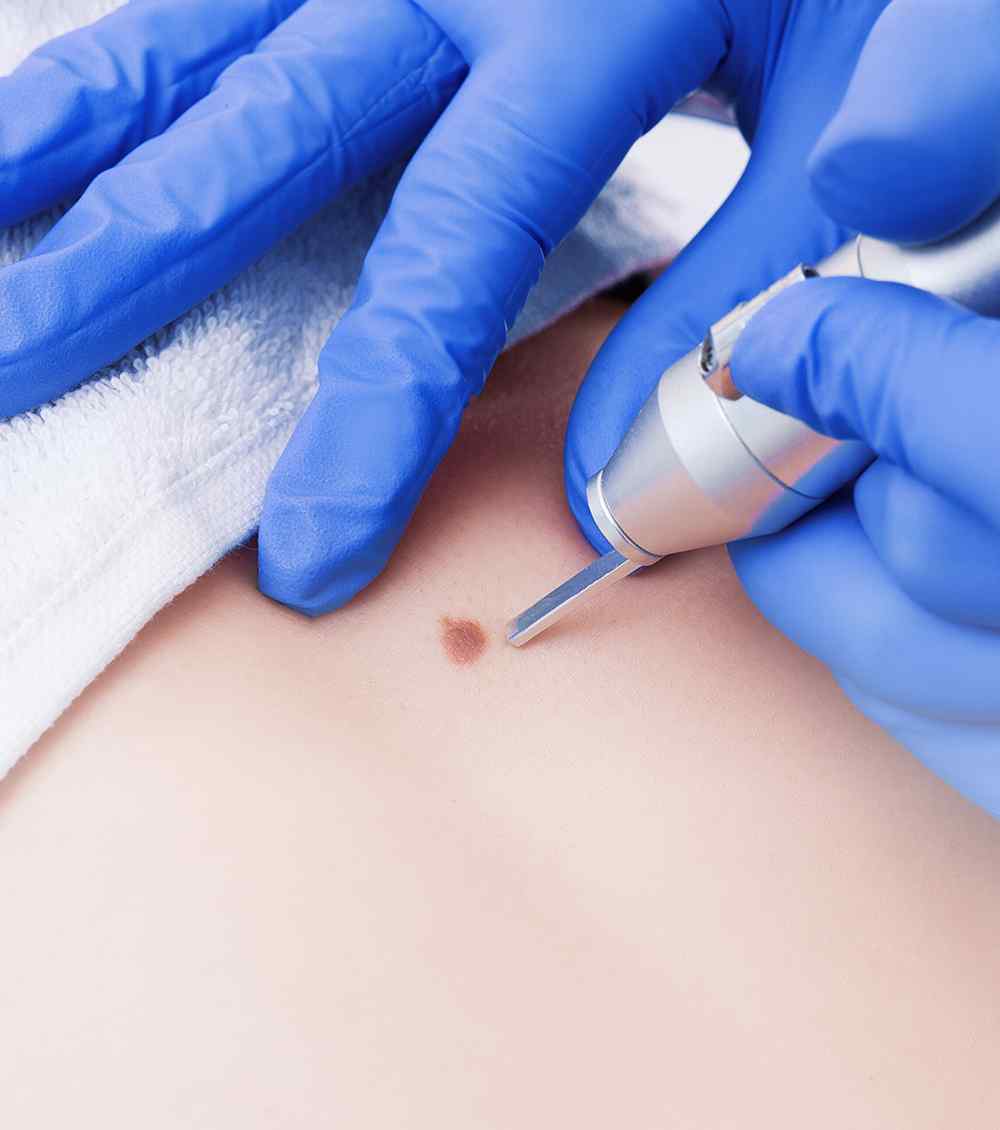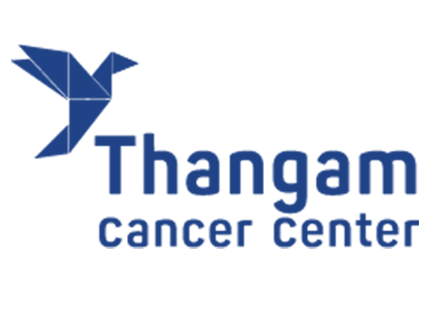Cervical Cancer
Colorectal cancer originates in the colon or the rectum and is the second leading cause of cancer-related deaths in both men and women. Colon cancer and rectal cancer are often paired together because they share multiple similarities.
Colorectal cancer affects the digestive system or the gastrointestinal system, the colon and the rectum, together, along with muscular tube-like structures, make up the large intestine, which is 1.5 meters in length.
This type of cancer begins when the healthy cells, in the lining of the colon or the rectum, start to divide abnormally, forming a mass of cells, called a tumour. These tumours can either be malignant (or cancerous) or benign with the malignant ones spreading throughout the body.
Symptoms of Breast Cancer:
Type Of Cancer
- Pain in the pelvic region and lower back
- Difficulty in urination
- Swollen legs
- Kidney failure
- Bone pain
- Weight loss and lack of appetite
- Fatigue
- Blood in urine or stools
- Vomiting
- Pain in the pelvic region and lower back
- Difficulty in urination
- Swollen legs
- Kidney failure
- Bone pain
- Weight loss and lack of appetite
- Fatigue
- Blood in urine or stools
- Vomiting

Diagnostics Facilities
Advanced Cancer Diagnostics
Advanced Cancer Treatment
General Diagnostic Facilities
Causes of Breast Cancer
The breast is a hormone-responsive organ. Most of the causes are related to changes in estrogen and progesterone hormone levels in the body.
- Non-modifiable:causes which cannot be changed
- Gender: Womenare at higher risk of acquiring breast cancer and 1% chance of risk in men
- Age:Chances of contracting breast cancer increase with age
- Family history: Only 5-10% of breast cancer is inherited. These cancers are related to sudden changes (mutation) in genes controlling normal cell functioning in our body. BRCA 1 and BRCA 2 are the most common genes associated with breast cancer, the presence of other genes also increases the chance of acquiring breast cancer but with less mutation frequency.
- Estrogen exposure: Early menarche (getting first menses at an early age) and delayed menopause (the time when menses stops) exposes females to estrogen for a prolonged period.
- Dense breast:The breast texture varies in people; having dense breasts and patients with a personal history of breast cancer have an increased risk of contracting cancer.
- Breast lesions: Some pre-cancerous breast diseases like atypical hyperplasia or lobular carcinoma in sit increases the risk of breast cancer
- Radiation exposure: The breast tissues, when exposed to radiation while undergoing therapies for cancer at a young age, can cause breast cancer in future. Although with new radiation therapy technologies radiation exposure can be restricted.
Modifiable
- Obesity: Excessive weight in women increases the risk of breast cancer, especially in cases of women experiencing the postmenopausal phase body fat is a critical source of the estrogen hormone
- Leading a sedentary lifestyle increases the chances of obesity
- Alcohol consumption
- Excess estrogen exposure: Estrogen levels in the body increase while undergoing hormone replacement therapy, or while consuming supplements, etc

Prevention of Breast Cancer
Imaging
What if a breast lump is detected
The triple test is a preliminary evaluation method to evaluate breast lumps:
- Clinical examination by experts
- Imaging: Ultrasound is performed on both breasts for women under 40 years of age and a mammogram is done after the age of forty. A mammogram is performed on younger women when there is uncertainty surrounding the malignancy.
- Biopsy: Biopsy is a clinical procedure wherein a small tissue is taken from the lump to confirm its nature. It is a painless procedure, and local anaesthesia is administered to the patient if required to avoid discomfort.


Management of Breast Cancer
Once the presence of cancer is confirmed, the step is to determine the stage of cancer. Depending on the clinical investigation chest X-ray, CT scan chest, Ultrasound – abdomen or PETCT scan is recommended to determine the stage of cancer.
Breast cancer requires a multimodality treatment approach, and cancer staging is crucial in deciding and scheduling therapies which are a combination following:
Doctors

Anthony O’Neil

Nicholas Horton

Todd Howard



